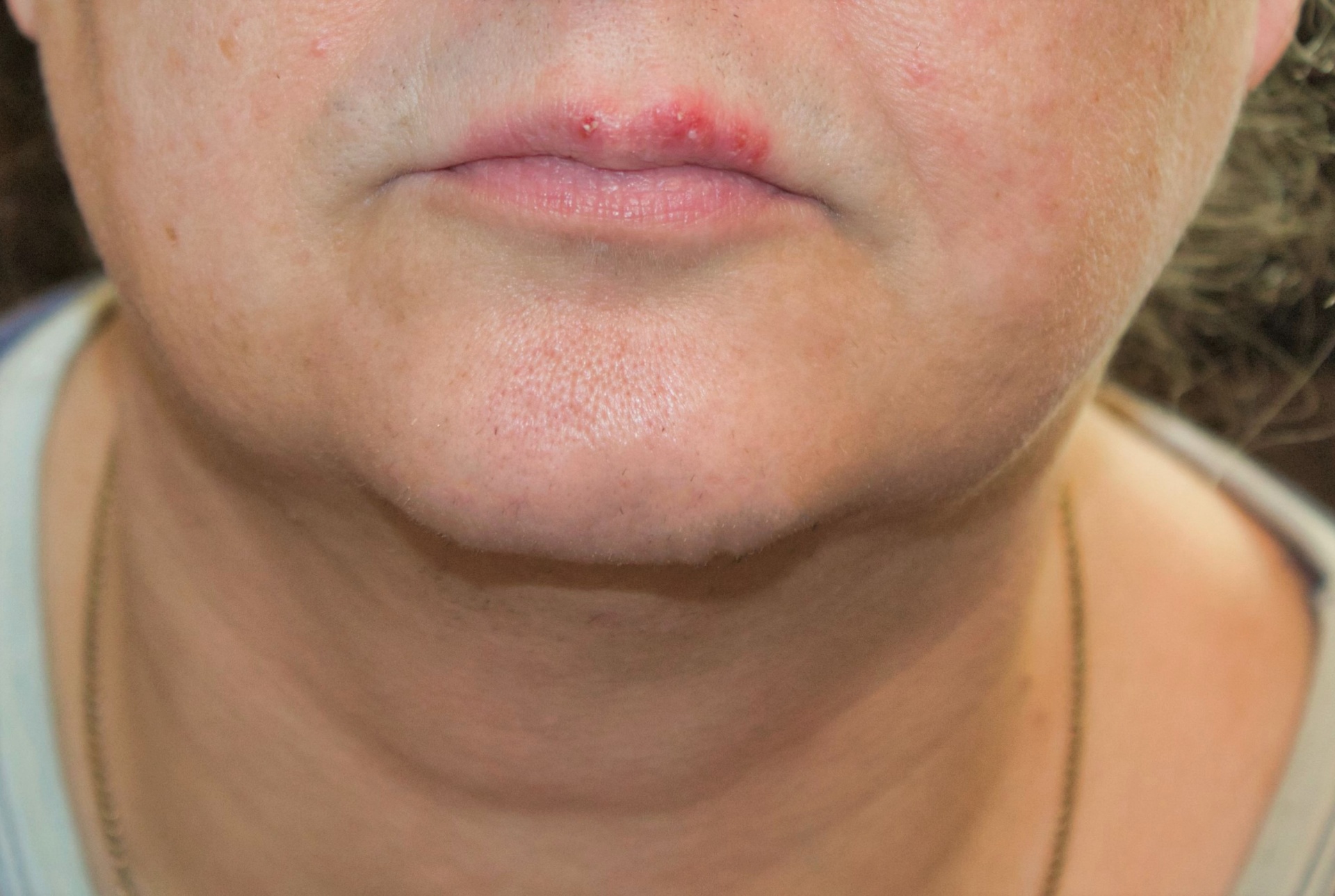If like many people in the modern world, you find yourself sleeping irregularly, you won’t need me to tell you that it’s not the healthiest habit in the world. We’ve been preached about the dangers and risks of not sleeping enough and not following a set sleeping pattern for years now, and you’ve probably felt them yourself at some point or another, whether you’ve been cranky, or simply exhausted throughout the day.
However, not as many people will realize that sleep deprivation actually has negative associations on your physical self, especially when it comes to your heart. Today, we’re going to explore how a lack of sleep affects the heart and what you can do to make things better.
How Does a Lack of Sleep Affect the Heart?
There’s no denying, either from personal experience and scientific research, that sleep is vital when it comes to keeping a healthy heart. Studies show that people who sleep irregularly will suffer from higher risks of things like cardiovascular disease, or conditions like coronary heart disease. It doesn’t matter what age you are, how much you weigh, whether you smoke or not, or how much or little you exercise.
If you want to protect yourself, you need to make sure you’re getting enough sleep, as well as not having too much sleep, since the effects of oversleeping can be just as bad. It doesn’t matter what generation you are; getting enough sleep is so important.
How to Get Better Sleep
With undeniable benefits of getting a good night’s sleep, you’re probably wondering how it’s possible. Fortunately, there are no complicated tricks you need to follow, just some changes you’ll need to make in your life and to your routine. Like any lifestyle changes, these can take a while and some willpower to bring into effect, but once you’ve got there, you’ll have them for life.
- Create and Stick to a Schedule. By making sure you go to bed at the same time every single night and wake up (and actually get out of bed) at the same time every morning, you’ll create a solid sleeping pattern that your body will get used too. This is far better than sleeping at random times.
- Have a Go-to-Bed Routine. About an hour before you go to bed, you’ll want to start winding down and preparing your body for sleep. This means doing things like reading, taking a bath or shower, or just relaxing and listening to music. Also, try to avoid screens where possible, or use screen filters to block blue light.
- Avoid naps. If you’re the sort of person to take naps because you’re so tired, try to avoid the naps where possible, and instead save yourself for the night when you can fully sleep. You may be tired during the day the first few days, but when your sleeping routine starts to take shape, this should vanish.
- Exercise more. Many of us lead increasingly sedentary lifestyles where we sit at home, in the car, at work, and so on. Try to exercise more to make your body more tired at night. You can run, walk, take the stairs, or just try and move around more as and when you can.
Summary
As you can see, developing a proper sleeping pattern that’s healthy is not too difficult; it just requires you to make some changes in your life and routine. Understand the benefits, and you’ll be amazed at the difference it can make.




